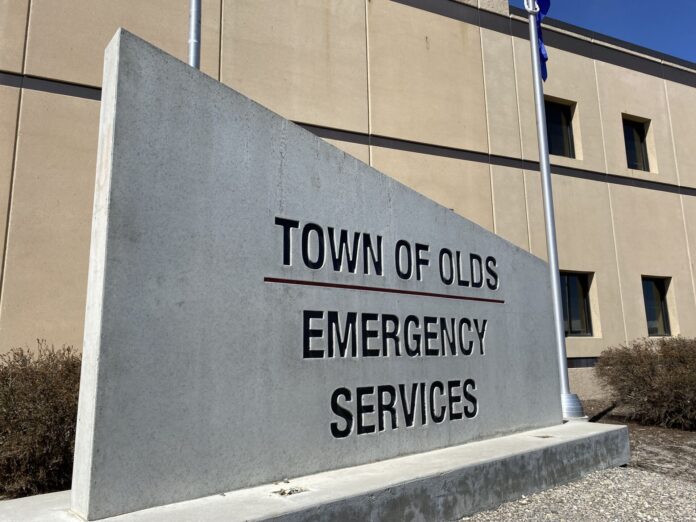Emergency Preparedness Week is officially underway in Alberta, and Mountainview County is encouraging residents to follow this year’s theme- “Be prepared. Know your risks.”
Every year during the first week of May, Emergency Preparedness Week aims to spotlight the benefits of preparing for emergencies, no matter what they are, across the country.
“Whether it’s extreme temperatures, tornadoes, wildfires, or floods, knowing the hazards in your community can help you decrease your risk and manage disruptions,” Mountainview County says.
The province provides a list of what to do before, during, and after a number of emergency scenarios, year round, but in the summer, officials put special emphasis on preparedness for wildfires, power outages, severe storms, and floods.
Floods and fires
When it comes to floods and fires, officials say individuals and families should be prepared to take care of themselves for at least 72 hours by maintaining an emergency kit stocked with items like water and food and keeping your vehicle’s fuel tank full.
Additionally, authorities recommend storing important documents like passports, birth certificates, banking information, and insurance information in a safe, above ground location.
Extreme weather
With extreme weather, the province says thunderstorms, lightning, heavy rain, and hail can develop and become a threat quite quickly, and given the frequency of severe storms in Alberta, especially in the summer, officials say it is critical residents remain prepared to deal with whatever conditions Mother Nature throws their way.
Before a storm, officials recommend securing loose objects outdoors in case of strong winds, and covering your vehicle in case of hail. During a thunderstorm, residents are encouraged to move to a safe place, away from windows and doors, and avoid using electrical equipment and telephones.
Power outages
According to the province, many of Alberta’s hazards can damage power lines, so officials emphasize the need for financial preparedness.
The province suggests maintaining an emergency savings account to cover temporary expenses, keeping emergency cash handy in case banking services are unavailable, and knowing the steps for making an insurance claim to ensure you are taken care of in a worst case scenario.
Additionally, power outages can also affect your home’s heating, so keeping extra blankets, keeping refrigerator doors closed, and heading to the lowest level of your building or home can all be great ways to stay warm and save power during an outage.








